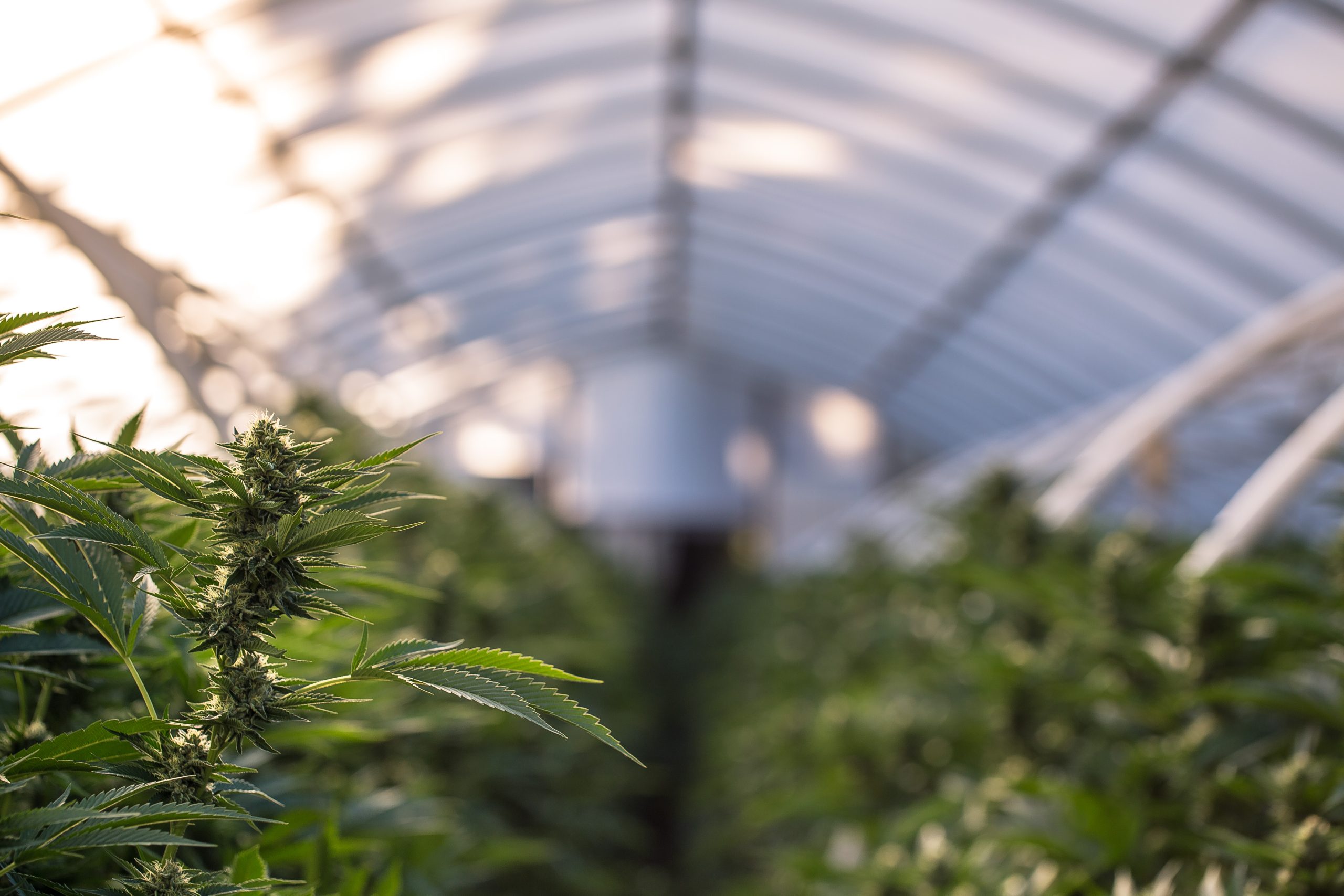
Today, the House Veterans’ Affairs Committee marked up and voted on two bills related to veterans and marijuana: one sponsored by Representative Lou Correa (D-CA) on expanding research on marijuana and its components to find new FDA-approved medicines, and another sponsored by Representative Earl Blumenauer (D-OR) that would allow VA doctors to issue medical marijuana recommendations to veterans.
“We support any serious effort to expand research into cannabinoids that may have medicinal benefits,” said Dr. Kevin Sabet, president of Smart Approaches to Marijuana (SAM) and a former senior drug policy advisor to the Obama Administration. “Our veterans deserve the best healthcare they can get for the sacrifices they have made for our country. Unfortunately, many veterans are turning to the wild promises of high-potency products that may actually be exacerbating their struggles.”
Direct associations have been made between the high frequency use of high potency marijuana and the development of serious mental health issues including psychosis, depression, anxiety, addiction, and suicidal thoughts. A study published by the Journal of Psychiatric Research found that marijuana-dependent Iraq/Afghanistan-era veterans have an increased risk of suicidal thoughts and attempted suicide. This study expanded upon a National Academies of Sciences report that found only limited evidence that marijuana or any of its derivatives could be effective in treating symptoms of PTSD.
In addition, the marijuana industry has run billboards advertising the drug as a substitute for opioids, a cure for opioid use disorder, and a solution to the ongoing opioid epidemic. Unfortunately, numerous studies have revealed that marijuana does not work as an effective substitute for opioids for those suffering from most forms of chronic pain, and its use could also predict future issues with substance misuse.
Mr. Blumenauer’s bill, which was pulled from consideration as an appropriations amendment last year after objection from the VA, would go beyond expanding research into potential medicinal properties and force the VA to overturn its policy on medical marijuana. VA doctors would be allowed to fill out state medical marijuana recommendations, which do not have standardized doses marijuana to veterans. Of note, Mr. Blumenauer routinely ranks as the greatest beneficiary of marijuana industry donations.
“Science should guide us as we look for safe and effective treatments. While components of the marijuana plant have been shown effective for treating certain conditions, raw marijuana has not,” continued Dr. Sabet. “We want all veterans to have a healthy and successful readjustment to civilian life, and the science tells us we should proceed cautiously given what we currently know about marijuana and mental illness.”
